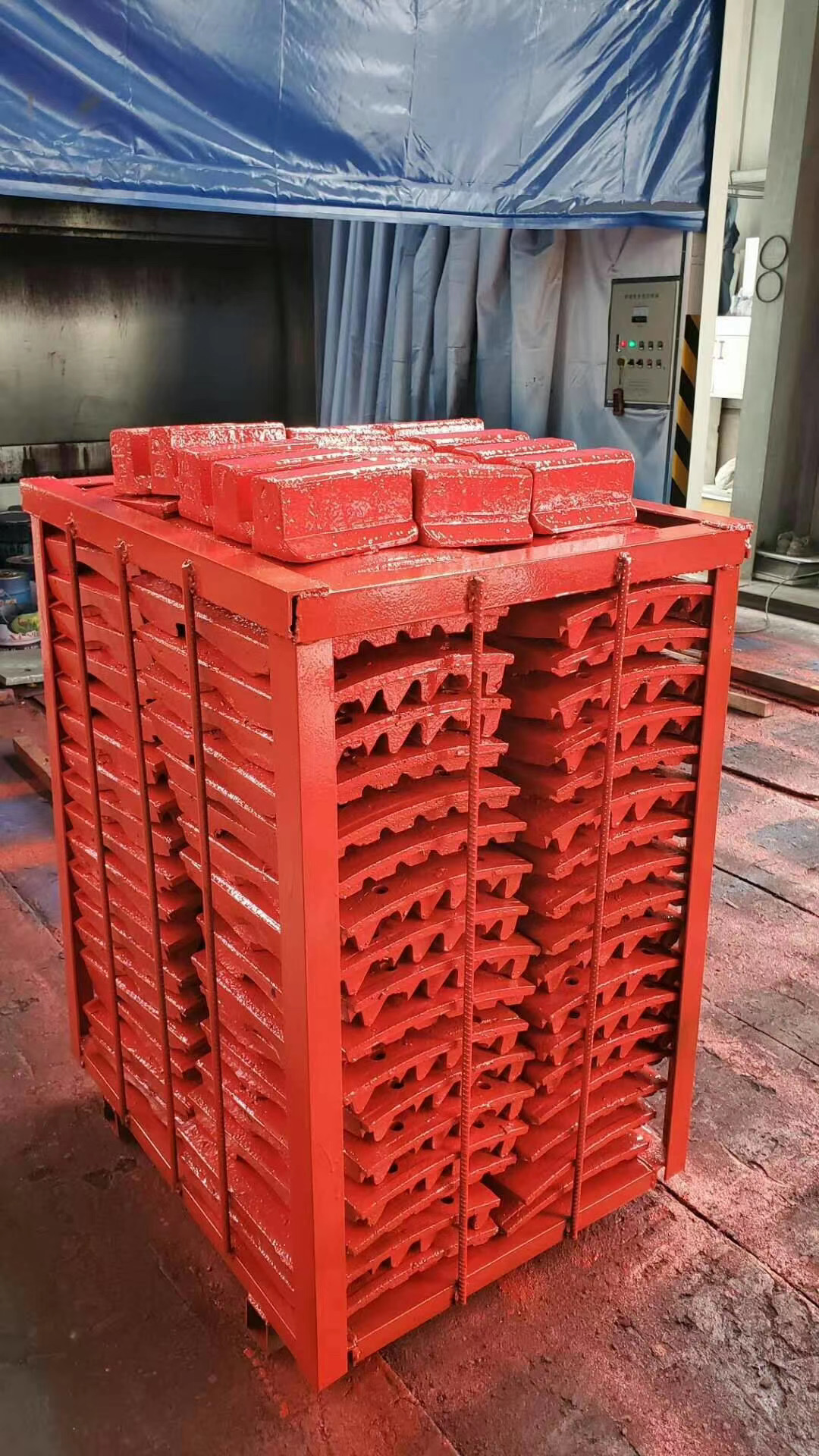




Cast iron has been a cornerstone of industrial manufacturing for centuries, with its origins tracing back to the 6th century BC in China. This versatile alloy, composed primarily of iron, carbon, and silicon, is characterized by its high carbon content—typically ranging from 2.5% to 4%. Unlike carbon steel, cast iron's carbon content exceeds the solubility limit in austenite at eutectic temperatures, leading to unique properties such as high hardness, wear resistance, and excellent casting ability. Cast iron plates are a critical component in various industrial applications, offering durability and precision tailored to specific engineering needs.

Founded with a commitment to excellence, Hebei Mingda International Trading Company has established itself as a trusted name in the manufacturing and trading of castings, forgings, and precision machinery parts. With over 16 years of experience, the company specializes in producing high-quality cast iron plates and other components for global markets. Their expertise spans multiple industries, including automotive, construction, and aerospace, ensuring that each product meets stringent quality standards.
Hebei Mingda's capabilities include CNC machining, sand casting, lost-foam casting, and vacuum molding. Their state-of-the-art facilities allow for the production of parts ranging from 1mm to 300mm in size, using materials such as ductile iron, gray iron, brass, stainless steel, and aluminum. The company's dedication to innovation and customer satisfaction is reflected in its comprehensive services, from prototyping to sub-assembly, ensuring that clients receive end-to-end solutions.
Cast iron plates are engineered to deliver exceptional performance in demanding environments. Their unique properties make them ideal for applications requiring high strength, thermal stability, and corrosion resistance. Below are the key features and advantages:
These advantages position cast iron plates as a preferred material for industries such as valve manufacturing, hydraulic systems, and railway components.
Cast iron is categorized based on the form and morphology of carbon within the alloy. Each type offers distinct mechanical properties, making them suitable for different applications:
White cast iron contains carbon in the form of cementite, resulting in a hard, brittle structure. It is primarily used as a raw material for steelmaking and as a blank for producing malleable cast iron. China blind plate and China flange plate are examples of components where white cast iron's properties are leveraged for precision engineering.
Gray cast iron features flake graphite, giving it a dark gray fracture surface. It is known for its excellent machinability, vibration damping, and thermal conductivity. Common applications include engine blocks, pump housings, and machine tool bases.
Produced by annealing white cast iron, malleable cast iron has a flocculent graphite structure, offering improved toughness and plasticity. It is used in applications requiring impact resistance, such as automotive parts and agricultural machinery.
Nodular cast iron, with spherical graphite particles, combines high strength with ductility. It is ideal for critical components like hydraulic cylinders, gears, and pressure vessels. Hot plate cast iron is a specialized variant used in high-temperature environments.
| Parameter | Details |
|---|---|
| Material Composition | Iron, Carbon (2.5%–4%), Silicon, Manganese, Sulfur, Phosphorus |
| Carbon Content | 2.5%–4% (varies by type) |
| Hardness | 150–300 HB (depending on alloying elements) |
| Operating Temperature Range | -20°C to 400°C |
| Common Applications | Valves, hydrants, pumps, railway components, hydraulic systems |
| Surface Finish | Customizable (machined, sand-cast, or polished) |
Cast iron plates are indispensable in industries that demand robust, reliable components. Hebei Mingda's expertise in precision casting ensures that their products meet the exacting standards of these sectors:
Hebei Mingda's ability to produce castings with tight tolerances ensures seamless integration into complex systems, reducing the need for post-processing and saving costs for clients.
Hebei Mingda adheres to rigorous quality control measures to ensure its cast iron plates meet international standards. The company's commitment to excellence is validated by its compliance with ISO 9001 and other industry benchmarks. According to the National Institute of Standards and Technology (NIST), "Precision in material properties is critical for industrial applications, as even minor deviations can compromise performance and safety." NIST emphasizes the importance of standardized testing and certification in ensuring material reliability.
With over a decade of experience, Hebei Mingda stands out for its ability to deliver high-quality cast iron plates tailored to client specifications. Key reasons to partner with the company include:
Hebei Mingda's dedication to innovation and quality ensures that its cast iron plates remain a preferred choice for industries requiring durable, precision-engineered components.
Cast iron plates are a vital component in modern industrial manufacturing, combining strength, durability, and versatility. Hebei Mingda International Trading Company's expertise in producing high-quality cast iron plates, coupled with its commitment to customer satisfaction, makes it a trusted partner for global clients. Whether for valves, hydraulic systems, or railway components, the company's products are designed to meet the highest standards of performance and reliability. For more information, visit Hebei Mingda's official website or contact their team to discuss your specific requirements.